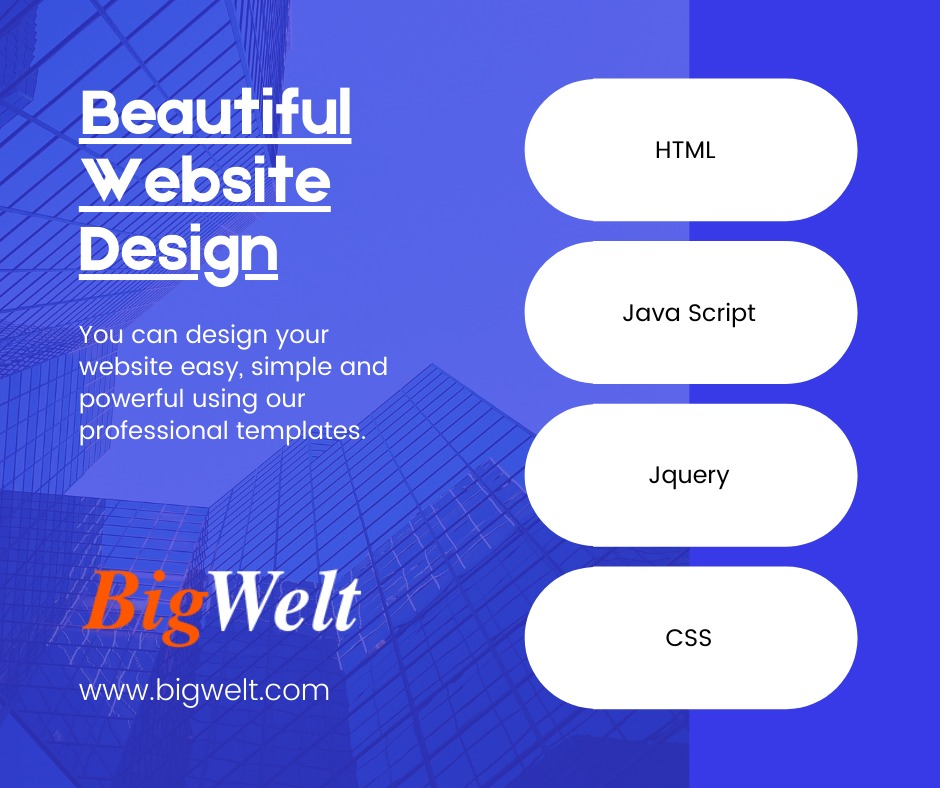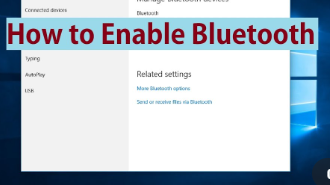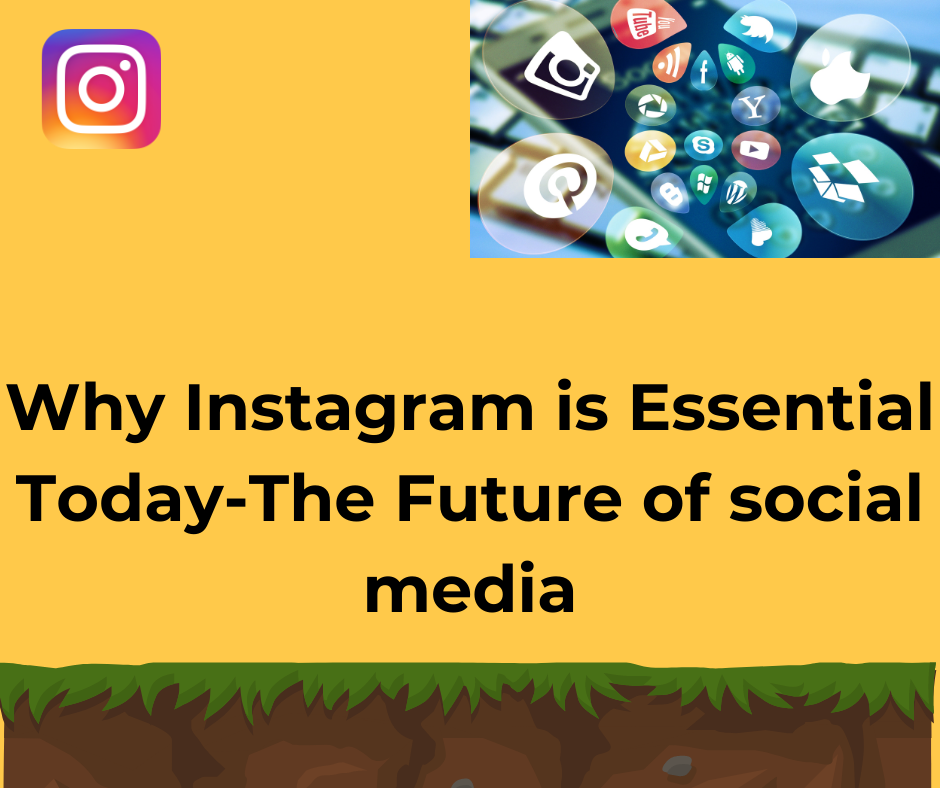Mobile phones have become an integral part of our lives with their effective use to research topics, find products or apply for services. The mobile app development services have brought the world closer allowing people to communicate with anyone around the world or find information in real-time. Moreover, it serves as a powerhouse in the app development industry, allowing companies to build unique apps for various workflows. According to recent research, more than 82% of the adults in the UK own a smartphone, each spending 2 out of 5 minutes on social media on a daily basis.
Mobile applications boomed in the early 20s, with companies trying to create an online presence seeing the excitement amongst the youth for smartphones. It boosted sales in less time, allowing businesses to develop their own platforms online to market their products and services. Hence, it means people can access their favorite brands by sitting back at home and shopping without hassle. Additionally, businesses can monitor their offices or employees remotely via such apps. The increase in software development services marked the growth of technology, enabling organizations to integrate next-generation technologies into mobile apps for maximum advantages.
3 Types of Mobile App Development Services
The mobile apps are categorized into three basic types of technologies used for coding, including native apps, web apps and hybrid apps. We will discuss all the different types of apps one by one.
-
Native App
The native app gets mainly built for mobile operating systems for Android or iOS. These applications get developed for a single platform which means companies cannot blend with other platforms to elevate their usage and features. However, it allows companies to use multiple programming languages to code, including Objective C, Python, React, Java, Swift, C++, and Kotlin. Moreover, its mobile app development services are much faster and more reliable when it comes to performance, increasing your productivity quickly. These apps use the native user interface to provide enhanced user experiences. Since the native apps seamlessly connect with the smartphone’s hardware directly, it leverages a variety of features to customers, allowing them to use contacts, Bluetooth, camera, and much more. However, it might be time-consuming to create the same application for another platform.
Further, this also increases the overall mobile app development cost. Lastly, maintaining and updating such a codebase for each app platform becomes challenging. The user needs to download the new file format and reinstall it whenever it updates. Hence, it takes up primary mobile internal storage making it challenging to download other complete applications.
-
Web App
They are similar to native applications, which companies can easily access through a smartphone’s web browser. Web apps fall into responsive websites that smoothly adapt their UI to the mobile phone. Sometimes it shows the install web app option, which bookmarks the website URL on the smartphones letting users access its features effectively. An example of such an app is a progressive web app, a native app by nature running inside a web browser.
Web apps use various programming languages like HTML5, JavaScript, CSS, etc., for their development process, removing the need to customize to an operating system or platform. These web-based apps software development services do not utilize space on mobile phones, hence making the maintenance of such apps much easier, unlike native applications. The users no longer have to download the update from app stores. However, these apps are entirely dependent on the device browser, which means the app functionalities will differ from one browser to another, providing a different experience to users. Further, such web mobile apps do not work in offline mode, and even if some do, they will have an internet connection to backup data on mobiles, offer new updates, or refresh screens.
-
Hybrid App
Last but not least is the hybrid app. It is one of the most used applications in the rapidly advancing world. Hybrid apps look like native applications, providing a home screen app icon, responsive design, swift performance, and offline functionality. Since they resemble native apps, they use multiple web technologies and APIs while using various programming languages like HTML5, Ionic, Objective C, etc. Moreover, the hybrid mobile app development services are easy to implement and are far more economical than their native apps. Secondly, the app allows fast loading incredible best for people or businesses operating in slow internet connection areas. It increases user experiences, enhancing satisfaction. Further, the single codebase decreases the development cost making code maintenance much easier. Though these apps get used by thousands of companies and individuals worldwide, they lack speed.
How To Choose The Best Mobile Application?
We have discussed the different mobile app technologies in detail, but choosing the right app for businesses is always a challenging task. The developer or company should know the reason by creating apps, highlighting their goals and requirements. Thus, this helps discuss the specific factors leading to the selection of app technologies or software development services. If a company needs an application urgently, the web app will be the best choice as a single codebase speeds the development process and decreases time. However, if you are a small business or startup and lack the budget, a web or hybrid app is the best. But if your primary focus is on performance optimization, then the only app that can boost sales is native. Unlike other apps, it guarantees speed, efficiency, stability, and customization, vital to any business success.
Developing robust business applications is not an easy task. Companies usually hire a mobile app development services agency to study their goals and requirements and accordingly develop strategies for app integration. Thus, it is necessary because all the companies have completely different models to achieve their goals. Hence, an app that works best for the retail industry might not suit the healthcare industry. Thus, making it essential for companies to hire experts to build a modern app using advanced technology.





